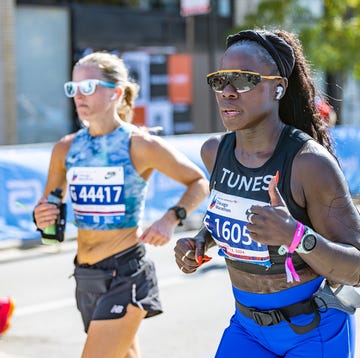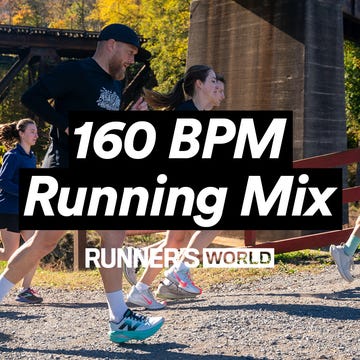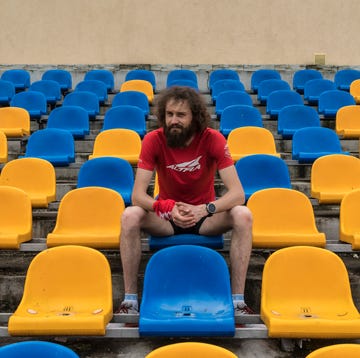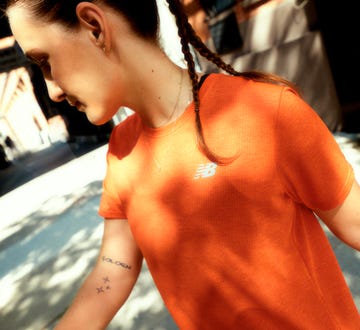Judy Cornell
Jody Cornell For years, Cornell, 37, suffered bouts of dizziness, shortness of breath, and fatigue, which her doctor attributed to asthma. But when the runner began experiencing chest pains, an echocardiogram revealed the real culprit: a three-inch hole in her heart. Cornell was told she'd die within five years if the congenital defect wasn't repaired. In November 2004, she had open-heart surgery and asked doctors in the recovery room, "When can I start running?" In October 2005, Cornell ran her first marathon, the Lakefront Marathon in Milwaukee (4:17), and then in May 2006, she ran the Green Bay Marathon (4:23). In March, the newlywed and her husband will run the Atlanta Marathon together.
Frank Ouseley
When Ouseley turned 60 in 2003, he saw a cardiologist. The veteran of 45 marathons (3:09 PR) felt fine, but his father, also a runner, died of a heart attack at 60. Doctors discovered a few blockages and inserted stents to restore blood flow. But they said that one artery would require bypass surgery. Ouseley delayed the procedure, and six months later, in April 2004, ran the Boston Marathon in 5:31, his slowest time ever. Two months later, doctors found that the remaining blockage had worsened. "I went ahead with the surgery because I didn't want to end up like my father," he says. The clinical psychologist from Sarasota, Florida, plans to run the Sarasota Marathon in March.
Leslie Lam
Lam, 41, ran her first marathon, the Honolulu Marathon, in December, with a little technical support-that of a pacemaker. Lam, the winner of the 2000 Mrs. America Pageant, received the device in 2002 to correct a genetic condition that caused her heart to beat too slowly. Though Lam was prone to fainting spells, she was unaware they were the sign of a serious health issue. After she received the pacemaker, she suddenly had so much energy that she took up running. Lam, the first Mrs. Hawaii to win the national title and a mother of two, ran Honolulu with her 21-year-old daughter. "If you understand your health," she says, "you can take control of it and improve it."
Robert Clark
Clark, 44, traditionally raced a few 10-Ks and half-marathons a year. His cholesterol was normal, he ate well, and he had a clean family history. Yet, while on a run in March 2005, he collapsed. Paramedics' first attempts to revive Clark using a defibrillator failed. It took eight shocks at the highest voltage to get his heart to beat again. Tests revealed that Clark had a 99 percent blockage in a major artery. "I was really taken by surprise," says Clark, the president of a construction company in El Macero, California. "Having a heart attack puts life into perspective. I'm lucky to be alive." Four months later, Clark resumed running, and in December, he ran the California International Marathon.













